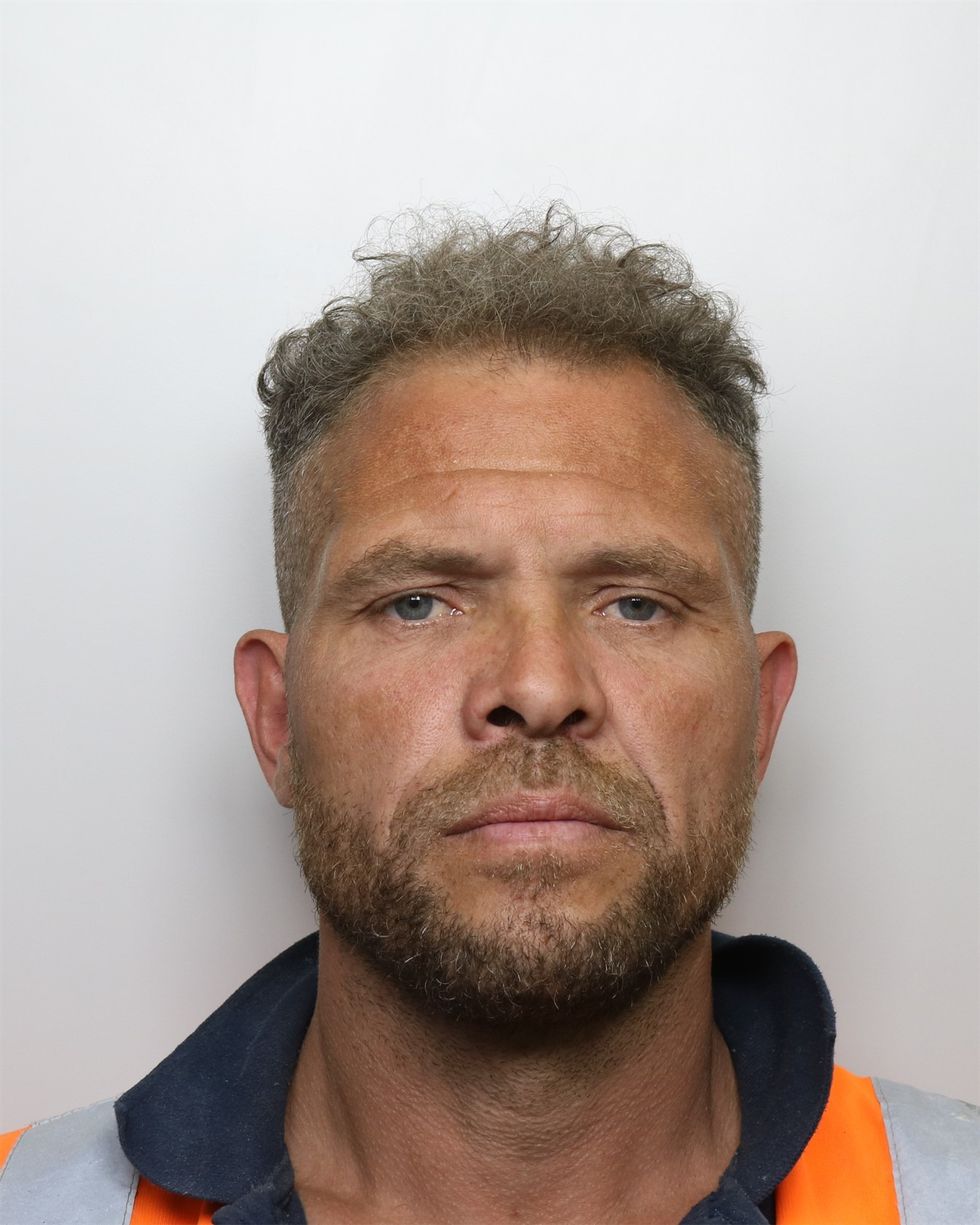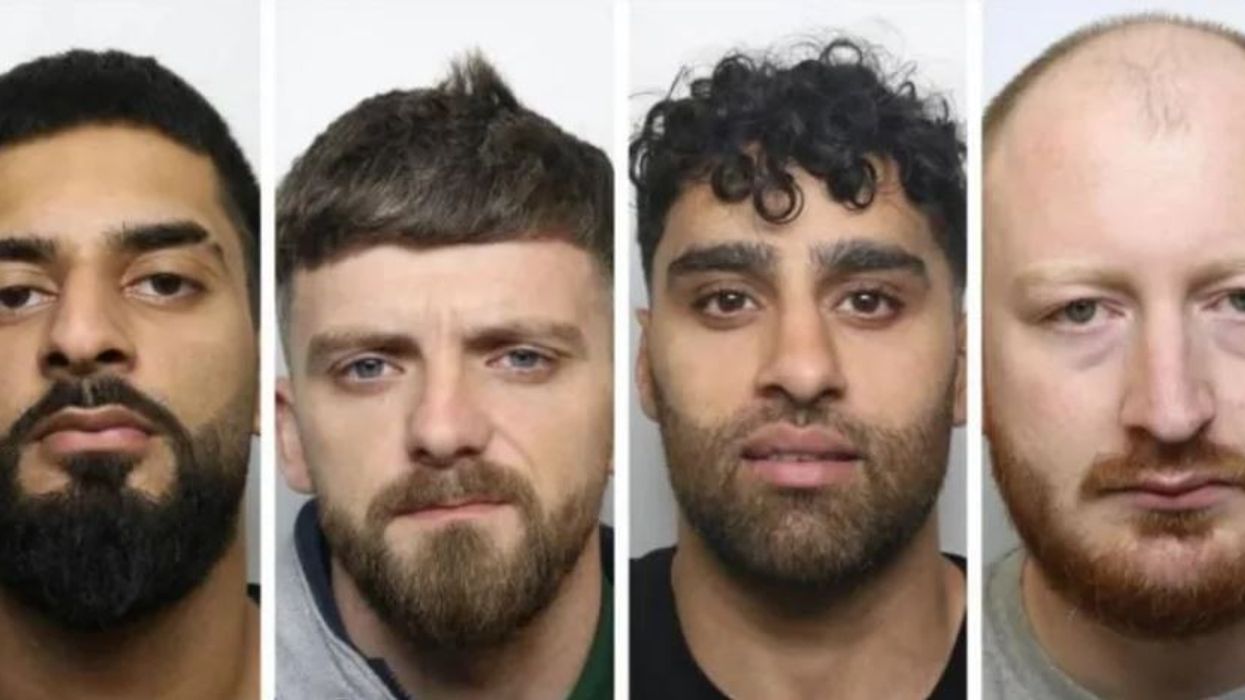FOUR men from Leeds are set to be sentenced on Friday (9) after being convicted for their involvement in recent disorder in West Yorkshire. The offences include affray, racially aggravated harassment, and inciting racial hatred.
Sameer Ali, 21, from West Park Drive and Adnan Ghafoor, 31, from Spen Bank were both convicted of affray and are currently in custody awaiting sentencing at Leeds Crown Court.
Jordan Plain, 30, from Broadway, Horsforth, was convicted of racially aggravated harassment, while Jordan Parlour, 28, from Brooklands Close, Seacroft, was found guilty of publishing material intended to incite racial hatred. Both men have been remanded in custody until their court appearance.
A 16-year-old boy from Leeds, whose name cannot be disclosed due to his age, has also been convicted of using threatening and abusive language likely to incite racial hatred. He will be sentenced on 4 September at Leeds Crown Court.
In another development, two men have been brought before the court in Leeds on Thursday (8) as part of ongoing investigations into recent disturbances in West Yorkshire.

Philip Hoban, 48, from Northcote Crescent was convicted at Leeds Magistrates Court for racially and religiously aggravated harassment.
Christopher Clayton, 66, from Station Cottages, Wakefield, also appeared at Leeds Magistrates Court. He has been charged with violent disorder in both Rotherham and Merseyside, as well as seven counts of possessing an offensive weapon and possessing an article of police uniform. Clayton has been remanded in custody.
They both are scheduled to appear at Leeds Crown Court next Thursday (15) for sentencing.
In related developments, West Yorkshire Police have charged 20-year-old Harvey Gardner from Kirkburton with encouraging violent disorder through social media posts related to unrest in Huddersfield. He remains in custody until his hearing on 28 August.
Three more men, including Kaden Smith, 19, from Manchester, and Joe Levitt, 30, from Bradford, are due to appear in court on 19 August for charges including assaulting an emergency worker and failing to comply with a police order.
West Yorkshire Police have arrested 20 people since 3 August in connection with these disturbances, and investigations are ongoing. Authorities have stated that all available resources will be used to ensure those involved face justice.





